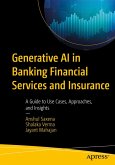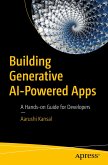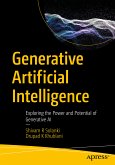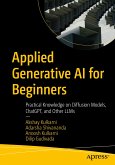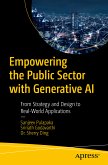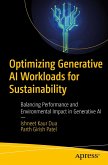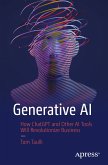The book is organized into three sections: text-based, senses-based, and rationale-based. Each section provides an in-depth exploration of the specific methods and applications of Generative AI. In the text-based section, you will find detailed discussions on designing algorithms to automate and enhance written communication, including insights into the technical aspects of transformer-based Natural Language Processing (NLP) and chatbot architecture, such as GPT-4, Claude 2, Google Bard, and others. The senses-based section offers a glimpse into the algorithms and data structures that underpin visual, auditory, and multisensory experiences, including NeRF, 3D Gaussian Splatting, StableDiffusion, AR and VR technologies, and more. The rationale-based section illuminates the decision-making capabilities of AI, with a focus on machine learning and data analytics techniques that empower applications such as simulation models, agents, and autonomous systems.
In summary, this book serves as a guide for those seeking to navigate the dynamic landscape of Generative AI. Whether you're a seasoned AI professional or a business leader looking to harness the power of creative automation, these pages offer a roadmap to leverage Generative AI for your organization's success.
What You Will Learn
- What are the technical elements that constitute the makeup of Generative AI products?
- What are the practical applications of Generative AI?
- How can algorithms be designed to automate and improve written communication?
- What are the latest Generative AI architectures and algorithms?
Dieser Download kann aus rechtlichen Gründen nur mit Rechnungsadresse in A, B, BG, CY, CZ, D, DK, EW, E, FIN, F, GR, HR, H, IRL, I, LT, L, LR, M, NL, PL, P, R, S, SLO, SK ausgeliefert werden.



